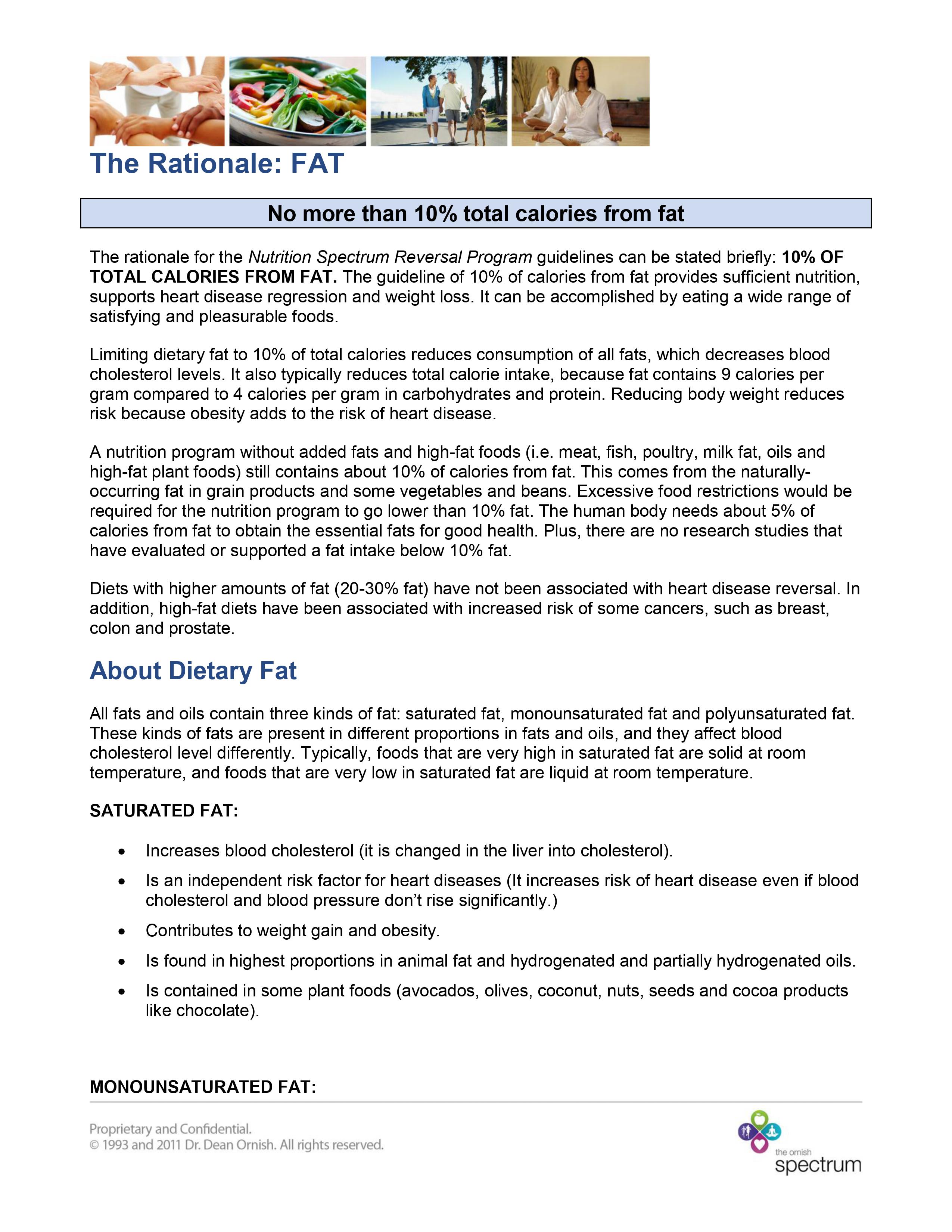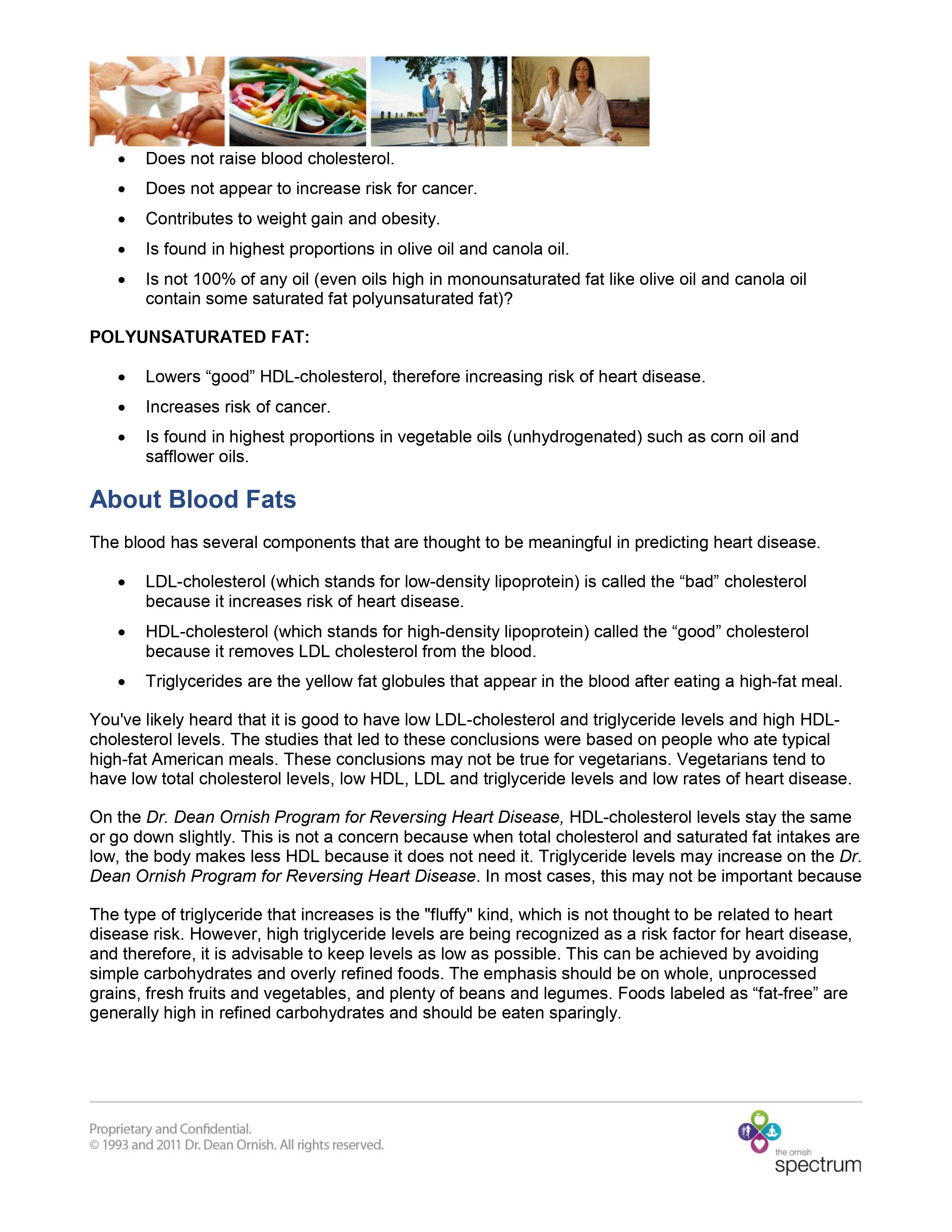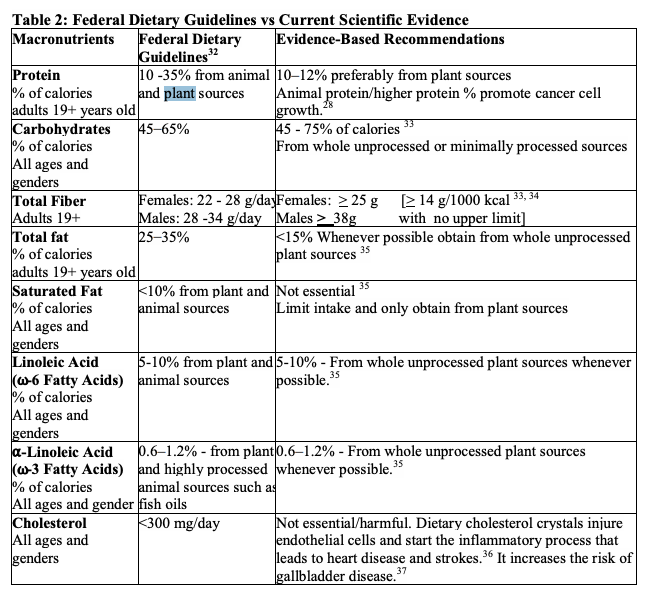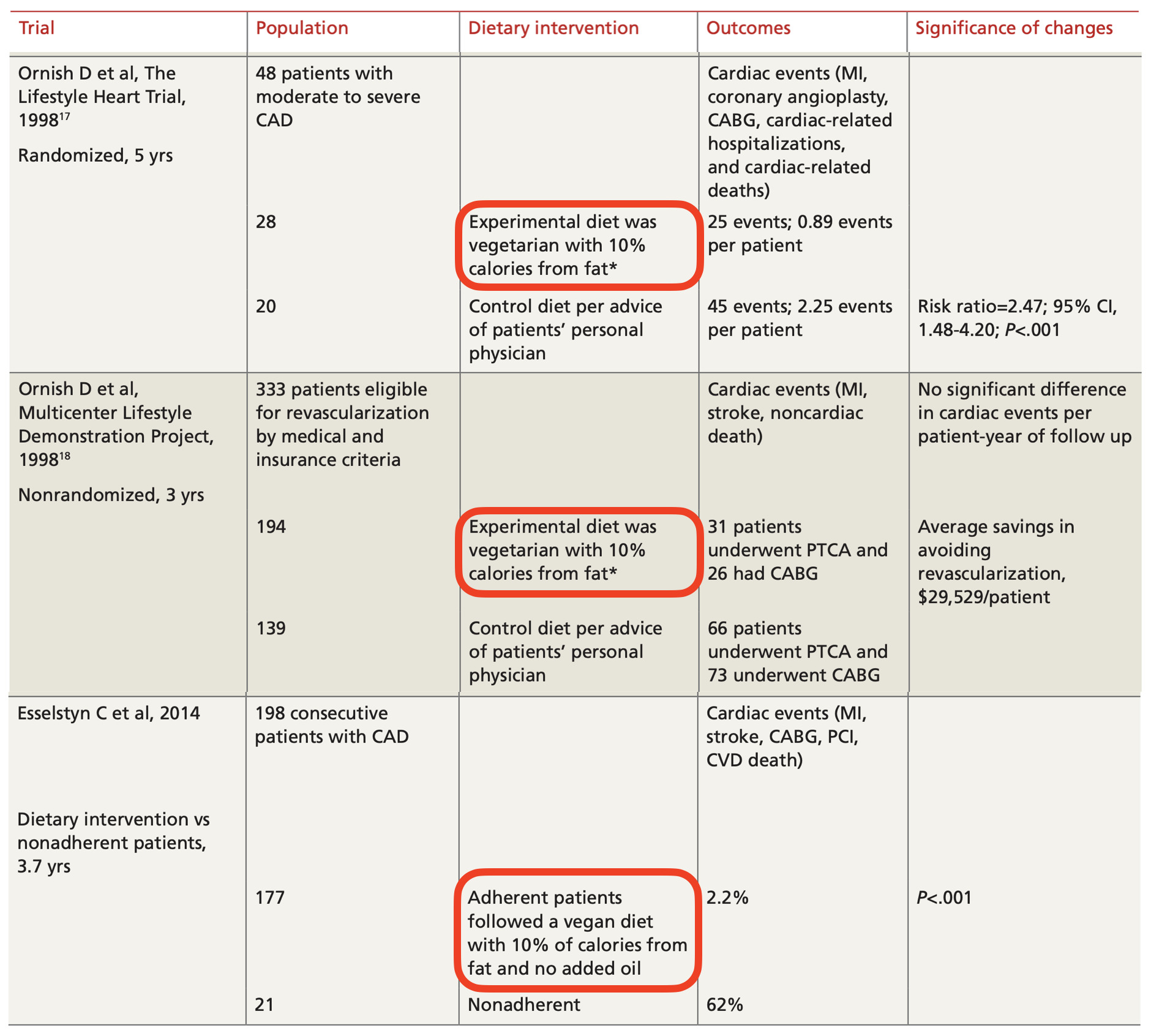Dr T Colin Campbell coined the term Whole Food Plant-Based in 1982. In his book Whole: Rethinking the Science of Nutrition (352 pages, 2014), Dr T Colin Campbell says (page 17):
In the article Fat and Plant-Based Diets (2009, updated 2018), Dr T Colin Campbell says,
This short video features Dr Douglas Graham, author of THe 80/10/10 Diet (348 pages, 2006), a raw, Low Fat Whole Food Plant-Based system.
What does American College of Lifestyle Medicine (ACLM) say about fats?
ACLM Lifestyle Medicine Standards (2012) has a summary in Table 2:
Fats: ACLM recommends "Total fat < 15%, whenever possible from whole unprocessed plant sources." In nutrition circles, this would be called a 'low fat diet'.
Omega-3 and Omega-6: ACLM recommends "from whole unprocessed plant sources whenever possible". Quite often, dietary guidelines by different organizations encourage us to get Omeg-3 and Omega-6 from fish. ACLM encourages plant sources.
Mastering Diabetes program by Dr Cyrus Khambatta and Robby Barbaro is targeted at tackling diabetes via Whole Food Plant-Based guidelines. How much fat intake do they recommend? This article by Mastering Diabetes explains:
The book Mastering Diabetes (400 pages, 2020) has Take Home Messages at the end of Chapters 3 to 8. Chapter 4 is titled 'All Fat Is Not Created Equal'. Take Home Messages from Chapter 4:
In this article: Making the change to a healthy lifestyle work in your life (2005) by Dr McDougall, the guidelines are:
Dr McDougall: Effects of 7 days on an ad libitum low-fat vegan diet: the McDougall Program cohort by John McDougall et al, Nutrition Journal, 2014, 13:99. PDF Copy. Another copy: here. Excerpt:
In the article In Cholesterol Lowering, Moderation Kills (Cleve Clin J Med 2000 Aug;67(8):560-4, also available at Dr Esselstyn's website), he says,
Table W3 of A way to reverse CAD? by Esselstyn et al, J Family Practice, Vol 63, No 7, 2014 (available at Dr Esselstyn's website) on pages 364a-364b summarizes trials by both Dr Ornish and Dr Esselstyn; the target fat percentage in all of them was 10%.
Nutrition Guidelines at Ornish Lifestyle Medicine explains:
How many nuts and seeds?
How much is 1 low fat serving? Surprisingly small! The article explaine:
Why does Ornish Lifestyle Program emphasize 10% total fat intake? Pages 2-3 of Ornish Guidelines in Detail (PDF) explain their rationale.
… should we consider dropping our fat percentage to 7% or 5%? Their writeup explains:
In other words, we need about 5% total fat intake for EFAs (Essential Fatty Acids). But we don't have research studies to assess whether 5% is better or worse than 10% total fat intake.


In 2006, Dr Barnard published this study: A Low-Fat Vegan Diet Improves Glycemic Control and Cardiovascular Risk Factors in a Randomized Clinical Trial in Individuals With Type 2 Diabetes by Barnard et al, Diabetes Care 2006;29(8):1777-1783. This study became the foundation of his book: Dr. Neal Barnard's Program for Reversing Diabetes (288 pages, 2018). Excerpts from the 2006 paper:
Nowadays, when PCRM (headed by Dr Barnard) conducts a study like this one: Fat Quantity and Quality, as Part of a Low-Fat, Vegan Diet, Are Associated with Changes in Body Composition, Insulin Resistance, and Insulin Secretion. A 16-Week Randomized Controlled Trial by Kahleova et al, Nutrients. 2019 Mar; 11(3): 615, what do they recommend?
On a 2,000 calorie diet, 20 to 30 grams of fats are 180 to 270 calories, which is 9% to 13.5% of total calorie intake.
Dr Greger's has 2-pronged guidelines for nuts and seeds (and thereby on total fat intake). For prevention, Dr Greger doesn't insist on a low fat diet. He doesn't prescribe a target fat percentage. Many of his recipes have extra nuts and seeds, so they are not low fat. At the same time, he says that if we do have a chronic condition like heart disease, then we should switch gears and adopt a low fat Whole Food Plant-Based guidelines by Dr Esselstyn.
See How Many Nuts & Seeds To Eat Daily?
When it comes to dietary fat intake, Dr Esselstyn's food guidelines are arguably the strictest. But some WFPB doctors argue for even stricter guidelines! They explain that we don't even have to consume nuts, seeds, peanuts or avocados for Essential Fatty Acids (EFAs), and that it's possible to derive these EFAs from fruits and vegetables alone, if we chose them carefully and consume them in sufficient quantities! See Essential Fatty Acids for a discussion.
Dr Kempner's Rice Diet from 1940s and 1950s is an example of early attempts at carving out a plant-based diet for severe chronic illnesses which was very low fat. And it was surprisingly successful too! For details, se Kempner's Rice Diet.
See How Many Nuts & Seeds To Eat Daily? for an interesting discussion.

 Instagram
Instagram YouTube
YouTube
